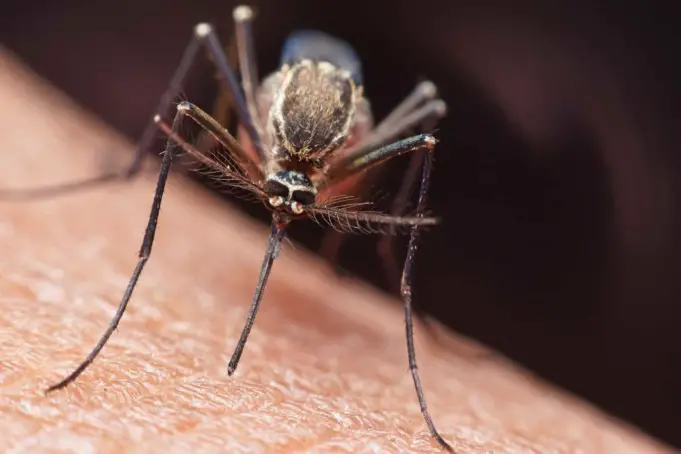Malaria is one of the deadliest diseases that are responsible for millions of deaths in the world. It causes a high fever, muscle pain, and chills.
Although the disease is common in Africa, Central America, Southern, Asia, and South America, it is also found in the United States. Unfortunately, these symptoms reoccur, especially when proper treatment was not taken.
As inconsequential malaria may seem to you, it can evolve to other serious problems affecting vital parts of the body such as heart, lungs, kidney, or even the brain. Although this dreaded disease can be deadly, it can be contained, treated, and prevented.
Furthermore, you cannot solve or eradicate an infection you know nothing about; this article answers the causes of malaria, who are at risk of contracting malaria, the symptoms of malaria, and finally how to prevent malaria.
The causes of malaria
Generally, malaria is caused by a mosquito that is infected with the malaria parasites; as soon as the infected mosquito bit you, it transfers the parasite to you.
Please note that you cannot get malaria by staying close to the infected person- malaria is not a contagious disease. However, malaria is spread only when an infected Anopheles mosquito bites a person.
Anopheles mosquitoes are the only type of mosquitoes that can transfer malaria parasites through their bites.
Who is at risk of contracting malaria parasite?
It will surprise you to know that almost half of the world’s population was at risk of malaria in 2017.
Even though most malaria cases and deaths were recorded in sub-Saharan Africa, the World Health Organization (WHO) stated that the Americas, Eastern Mediterranean, South-East Asia, and the Western Pacific are also at risk. Also, 87 countries and areas had ongoing malaria transmission in 2017.
Furthermore, some population groups are at higher risk of getting infected with the malaria parasite and developing severe disease, than others.
These include infants, children under the age of five, pregnant women, and patients with HIV/AIDS, mobile populations, non-immune migrants, and travelers.
National malaria control programs need to focus on these population groups from malaria infection. If these groups are neglected, they may indirectly affect the overall growth of the country’s productivity.
Symptoms of malaria
The malaria symptoms are sometimes similar to many other infections caused by bacteria, parasites, or viruses, especially at the early stage; it is not advisable to take self-prescribe medications.
So, you may notice flu-like symptoms during the early stages of the infection, which include; fever, headaches, chills, sweats, body aches, generally feeling sick, fatigue, nausea, and vomiting.
Sometimes, infected people may show a few or no symptoms. Also, the severity of malaria symptoms depends on the age, the kind of malaria parasite contracted, and the general health of the individual.
However, malaria can lead to impaired function of the spinal cord or brain, loss of consciousness, seizures, but in rare cases. Nonetheless, the most severe types of malaria infection can be deadly.
What happens when you are infected with malaria parasites?
The first day of the initial malaria infection until symptoms appear is known as the incubation period and is usually 7 to 30 days.
However, it depends on the parasite species, signs of illness; some take many months after exposure to the parasite before they are detected. It is possible to get a fever up to a year after traveling to a country where malaria is prevalent.
Moreover, the incubation period may also take longer to suffice if the individual is taking medicine to prevent the infection.
Also, if you have immunity due to previous infections, the symptoms may be less severe or may not experience any symptoms. Overall, the time between episodes of fever and other symptoms depends on the specific parasite infection that the individual has.
How to prevent malaria parasite?
The best way to avoid malaria parasites is to control the vector- mosquito. If you can get rid of mosquitoes from your garden, lawn, home, business site, and steer clear from mosquito-infested areas; you have a high chance of not getting infected by the deadly disease.
If the vector control coverage within your neighborhood or community is high enough, a measure of protection will be conferred across the neighborhood.
Furthermore, the World Health Organization recommends protection for all people at risk of the disease with effective malaria vector control.
The three significant ways to eradicate mosquitoes are;
Calling mosquito exterminator services near you, using insecticide-treated mosquito nets, especially in areas where mosquitoes are prevalent. Also, using antimalarial drugs- however, do not buy any medication off the counter without the knowledge of your doctor.












